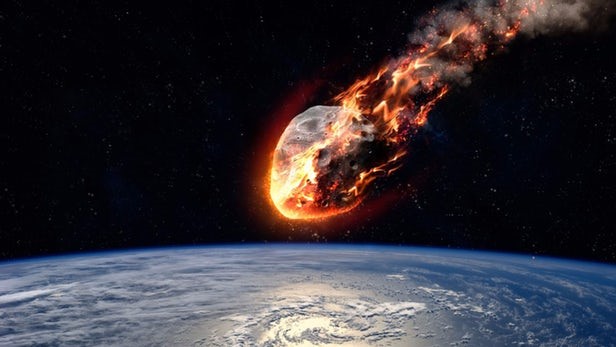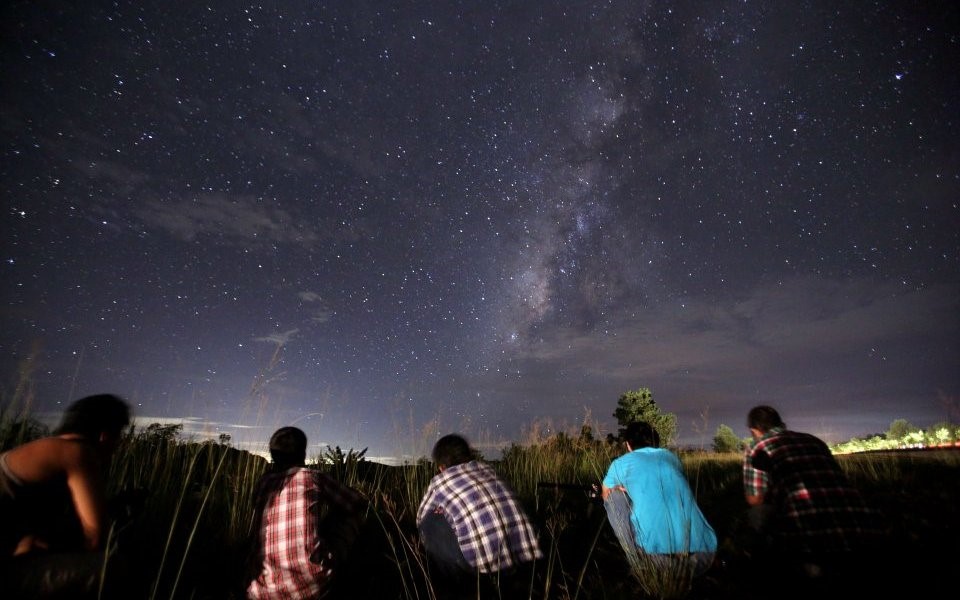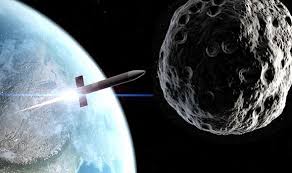What is an asteroid?
You may be wondering what the difference is between an asteroid, meteor, meteorite and every other name given to a shooting star or flying clump of rock in space. Well we have broken it down into an answer that is simple….. Sort of. It all starts with an asteroid.
An asteroid is a large rocky (planet looking) body, in orbit of the sun, that is too small to be classified as a planet. In space there are millions of asteroids and lots of them are a potential threat to Earth. Asteroids range in size from hundreds of miles to several feet in diameter.

A meteoroid is a particle of an meteoroid that has broken off and is now orbiting the sun. If a meteoroid enters the Earth’s atmosphere it is then known as a meteor. A meteor shower is a group of meteoroids all travelling in parallel trajectories from one point in space. Most meteors burn up when they are travelling through our atmosphere and therefore never hit the earth’s surface. The meteors that do hit earth are called meteorites.
Asteroid defence?
Over the past 4.5 billion years since the Earth was formed, about 4.5 billion meteors (the sizes of cars) have made their way through its atmosphere. Yes, that’s around one automobile sized meteor every year. Although, these are meteors and not meteorites, therefore they create a substantial fireball but burn out before hitting the ground.
Scientists these days are able to tell if an asteroid or meteor is en route to earth 30-40 years before it does. This is enough time for us to destroy it before it destroys us. We can do this by exploding the asteroid or meteor, although sometimes we can divert them away from earth instead.
When is the next meteor shower?
Unfortunately you will have to wait a couple months for our next meteor shower, it is called Perseid and will be peaking in our skies on the 12- 13th of August. In order to get the most out of your meteor shower view, we recommend getting out into the middle of nowhere where there is little to no light pollution; bringing a friend or your family and a warm blanket (also a telescope if you’ve got one). Once you’re comfortable, sit tight and wait for the spectacular starry show!

Visit asteroidday.org to find out more.
